Healthcare | Research + Perspectives for the Pandemic
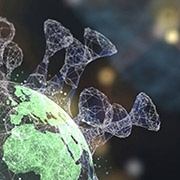
PANDEMIC
Webinar Series | History of Now: Plagues & Pandemics
In the spring of 2020, as people around the world confronted the daily reality of the Covid-19 pandemic, many wondered how previous generations navigated similar crises. At MIT, an interdisciplinary team of humanistic faculty explored this question in a course that broke ground as a live, free MIT class, held in an open public webinar format so that anyone who wanted to attend could do so, from anywhere in the world.
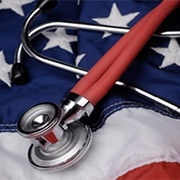
U.S. HEALTHCARE SYSTEM
What has the pandemic revealed about the U.S. healthcare system — and what needs to change?
Seven MIT scholars see lessons and opportunities for U.S. healthcare

SOLVING CLIMATE
On planetary change and human health
MIT anthropologist Amy Moran-Thomas reflects on the deep connection between planetary and human well-being: “When I think of health now, I think of the disarray in bigger ecosystems and infrastructures that is also landing in human bodies.”

THE MEANINGS OF MASKS
Venetian Masks | Jeffrey S. Ravel
Masks for Carnival — and for finessing an archaic political order: "By the eighteenth-century in Venice, people had grown accustomed to wearing masks in public perpetually, not for health reasons but for social and cultural ones. Furthermore, the Venetian state actually required its citizens and visitors to the Republic to don masks in many public spaces."

THE MEANING OF MASKS
The Masks of Empire, Art, Politics, and War | Catherine Clark
"Ultimately, history reminds us that masks can produce meaning whether they sit on our faces or our kitchen tables."

EDUCATION | SCIENCE WRITERS
Undark magazine | Covid-19 coverage
Undark, the acclaimed magazine from our Knight Science Journalism Program, provides ongoing, in-depth journalistic coverage by science writers on SARS-CoV-2, the novel coronavirus responsible for the Covid-19 pandemic.

THE MEANINGS OF MASKS
The expressive power of masks | Sara Brown
MIT professor and theater designer on masks as archetypes, protection, the performance of self, and care for others
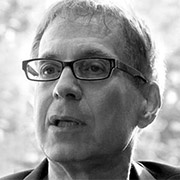
HEALTHCARE
Data suggest younger cohorts transmit their infections to less socially mobile older adults
Economist Jeffrey Harris delivers his findings in a preprint paper
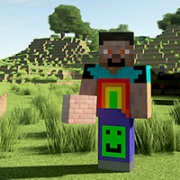
THE MEANINGS OF MASKS
The mask is a badge of honor | Eric Klopfer
Comparative Media Studies
"In this pandemic era, what a mask really says is, ‘I care about YOU.’ The mask indicates that you are protecting the health of others during a crisis."
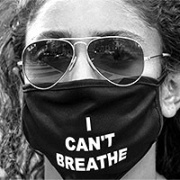
THE MEANINGS OF MASKS
A collective cry for justice | Graham M. Jones
Anthropology
"The mask is one of the most important human artifacts in all of anthropology. It is a tool of transformation that allows its wearers to transcend themselves, taking on timeless roles in ritual dramas, and as actors in a broader social drama."

RESEARCH
J-PAL North America | Covid19 Evidence Portal
The new Covid19 Evidence Portal synthesizes rigorous research across health, education, and the social safety net to provide recommendations to state and local leaders responding to the COVID-19 pandemic.
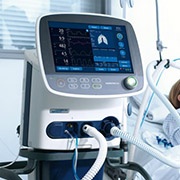
ECONOMIC IMPACTS + HEALTHCARE ETHICS
MIT economist Parag Pathak shares a new research paper about ventilator rationing schemes.
New Paper: In the wake of the Covid-19 pandemic, the rationing of medical resources has become a critical issue. Nearly all existing triage protocols are based on a priority point system, in which an explicit formula specifies the order in which the total supply of a particular resource, such as a ventilator, is to be rationed for eligible patients.

CIVIC PERSPECTIVES
The tension between privacy and coronavirus contact-tracing
KSJ Fellow Anil Ananthaswamy writes in The Boston Globe that "We have to ensure that contact-tracing methods that compromise our privacy don’t become the norm."
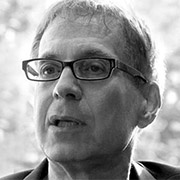
HEALTH + ECONOMIC IMPACTS | TELEMEDICINE
3Q: A doctor’s view from the front lines
SHASS News: Physician and MIT economist Jeffrey E. Harris shares insights on healthcare during the Covid-19 pandemic and the vital role of telehealth.
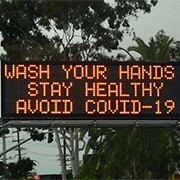
HEALTHCARE + ECONOMIC IMPACTS
J-PAL's response to Covid-19
The Abdul Latif Jameel Poverty Action Lab (J-PAL) has organized an ongoing, evolving response to the Covid-19 pandemic. See initiatives for off-cycle funding rounds for Covid-related research projects.
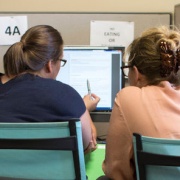
ECONOMIC IMPACTS + HEALTH
Why we need to ease access to the safety net — now
In Governing magazine, MIT health economist Amy Finkelstein writes the economic devastation of the coronavirus pandemic is making benefit programs more important than ever.
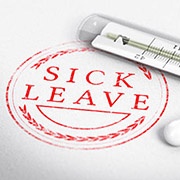
ECONOMIC IMPACTS | HEALTH POLICY
MIT economist Jonathan Gruber calls for federal sick leave program in wake of the pandemic
On Boston Public Radio, Gruber warns that without federal intervention the lack of economic productivity due to workers missing work could lead to a chain of events that ripples through the economy.
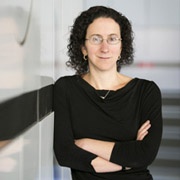
HEALTH | ECONOMIC IMPACTS
A healthy understanding
MIT professor of economics Amy Finkelstein has changed what we know about Medicaid, Medicare, the economics of health care — and, increasingly, medical care itself.

HEALTHCARE + HEALTH ECONOMICS
Subways seeded the massive coronavirus epidemic in New York City
In a new working paper, Professor of Economics Jeffrey E. Harris writes that New York City’s multi-tentacled subway system was a major disseminator – if not the principal transmission vehicle – of coronavirus infection.
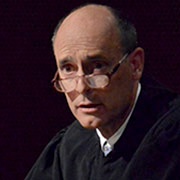
CIVIC PERSPECTIVES | HEALTHCARE
It’s high time we fought this virus the American way
The administration has all the authority it needs to produce medical supplies and prepare for a potential vaccine, argues James E Baker in a recent New York Times opinion piece.

HEALTH | VIRUS ORIGINS
KSJ alumna reports on how China’s “Bat Woman” hunted down viruses from SARS to the new Coronavirus
In Scientific American, Wuhan-based virologist and KSJ alumna Shi Zhengli has identified dozens of deadly SARS-like viruses in bat caves, and she warns there are more out there
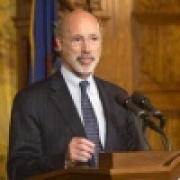
HEALTHCARE | STAY AT HOME
Gov. Tom Wolf, PhD '81, Political Science, addresses Pennsylvanians on the Covid-19 Virus
Stay at home. This is a disruption unlike anything since "at least the Civil War."
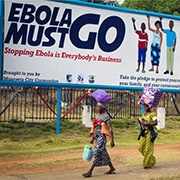
HEALTHCARE | TRUSTED INFORMATION
How door-to-door canvassing slowed an epidemic
Study finds that in Liberia, trusted volunteers limited damage from Ebola by distributing information within their own communities.
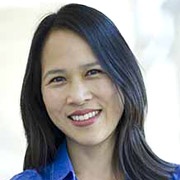
HEALTHCARE | TRUSTED INFORMATION
MIT GOV/LAB research shows why honest, trusted communication is key to stemming Covid-19
In Forbes: Study by Lily L. Tsai, Ford Professor of Political Science and head of the MIT GOV/LAB, and Benjamin S. Morse, a PhD candidate at MIT Political Science, finds that in Liberia, when many did not believe Ebola information from the corrupt government, trusted community volunteers could limit damage from Ebola by distributing information to neighbors.
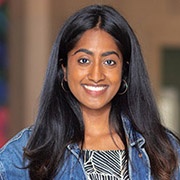
HEALTH AND MEDICINE | PUBLIC HEALTH
Ankita Reddy '19 | Anthropology + Biology
Improving public health
Culturally aware approaches lead to more effective medical interventions.
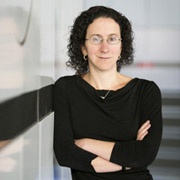
ECONOMIC IMPACTS | HEALTHCARE POLICY
Interview with Amy Finkelstein
Federal Reserve Bank Interview Finkelstein's gift for combining data and theory has revealed subtleties of economic behavior that long eluded the profession. And she’s applied this talent to improve understanding and policy in health insurance — one of the most complex, expensive and contentious areas of public discourse.

HEALTH CARE | EQUITY
3 Questions with political scientist Andrea Campbell
Healthcare is both a political and a technical issue
"Any initiative to address health and health care goals must wrestle with and address the enormous disparities that exist in health coverage, access, and outcomes across racial and income groups in the United States. It’s as if poor or black Americans are living in a different country, and in terms of poverty, health insurance, and health care access, effectively they are. This is a political and social problem as much as a technical one."
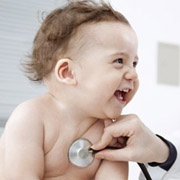
HEALTHCARE
Interview with Seth Mnookin about Vaccination and Public Health
MIT SHASS News: What do you see as the ideal situation for vaccination and public health, and what efforts do you think will be involved in getting closer to that condition?